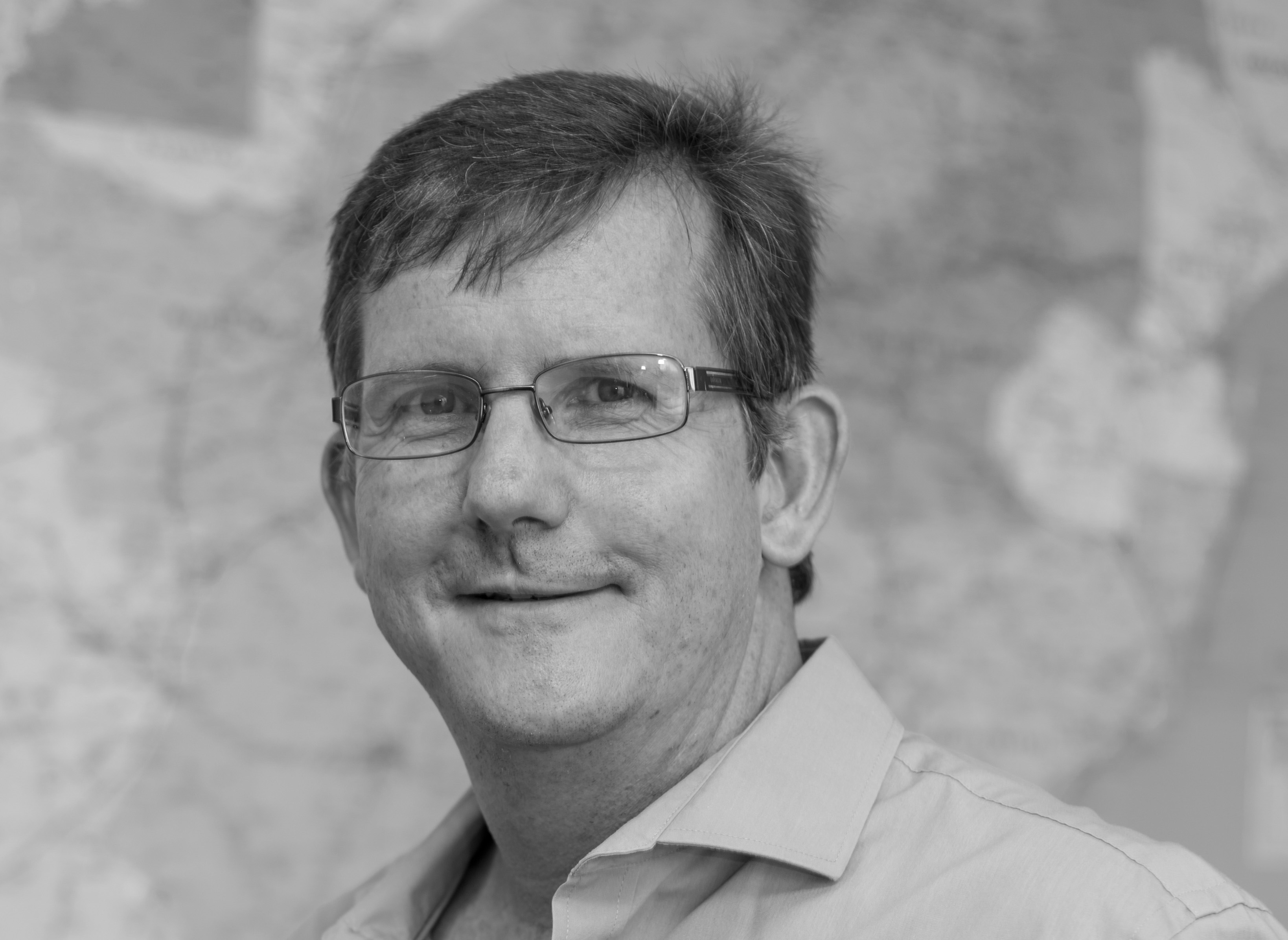Kliq Holdings is a data solutions provider for telecommunications. However, it focuses on providing infrastructure to those located in remote areas, out of the reach of traditional infrastructure. It brings remote networks to clients in a high-performance, reliable package, connecting listed companies, corporate clients and SMMEs in remote areas.
Kliq supplies high-speed, reliable, synchronous broadband and voice service, all over the same network. It does this either directly or via crossconnecting with Teraco’s urban head offices. Because of the high cost of optic fibre and the way that it is limited to high-density urban areas, as well as poor 3G and 4G cover and scalability, Kliq has the opportunity of catering to the underserviced corporate market that is using sub-par telecommunications services, or none at all.
Within two weeks, the company was able to construct an entire remote network for a power plant in the Drakensberg spanning 200km, with all the associated towers, power infrastructure and network equipment. “We were able to deliver 50mbps for the client in a timeframe thought impossible. We also supplied the water pipeline project from the Mokolo dam to Lephalale, built by Aveng Grinaker with VPN, broadband and voice services, in areas where no other provider could supply services that could match ours,” says co-founder Erik Oosthuizen.

Oosthuizen (46) was born in Windhoek, Namibia. While studying towards his BA and bachelor of divinity degree at University of Pretoria, Oosthuizen decided to start as early as possible with his own business to become financially independent. His business ventures ranged from owning a grocery store to owning @lantic and Autopage franchises. By the time he completed his BCompt degree through Unisa, he had grown his chain stores and sold them in 2010.
Gareth Farrow started working at a local IT shop doing basic computer repairs and construction. After that, he held various positions that mainly involved government networks and infrastructure, until he discovered that he had a passion for networks.
Farrow then joined a company that was attempting to provide long-range wireless to the most remote areas in South Africa. That venture, too, ultimately failed, but he had seen what was possible within budget limitations. Farrow had figured out how to build and manage a network and associated infrastructure in a way that had not yet been done, and it worked well beyond his initial expectations. After 11 years of learning networking, sales and business in a very non-traditional way, he was able to pursue a business he had grown very passionate about.
Oosthuizen hoped to build its own network, instead of being a mere reseller. He and Farrow met a couple of years prior to starting Kliq Holdings, where they both realised that with Farrow’s strong technical focus, combined with Oosthuizen’s financial and business management experience, they could create a business, building their own networks focusing on speed and reliability and filling a global market gap.
In 2011 the two entrepreneurs started Oosthuizen Group Wireless, later renamed to Kliq Holdings.
“The first long-distance link was built in 2011 from Johannesburg to Lephalale where, after four years, we dominated the remote areas around and in Lephalale, including 85% of all telecommunication services at Medupi power station, 100% of Anglo American plants, 100% of Australian company Resource Generation’ s new Boikarabelo mine, and entities at Exxaro mine and Matimba Power station, who are still clients today,” says Farrow.
At Kusile, about 30 on-site companies are connected to Kliq Holdings’ network, using custombuilt infrastructure over difficult terrain. Kliq was able to deliver 100mbps speeds and service broadband, phone and VPN requirements to the site and secure at least 85% of the business on-site within a year. They managed to improve efficiencies, leading to cost saving for Kusile, and also built their own reputation by being able to deliver where other companies could not.
The biggest gain for rural areas where Kliq has a presence is through the schools that benefit from its corporate responsibility programme, which provides free internet services for both teachers and learners.
Kliq is now a licensed telecommunications service provider in South Africa, Botswana and the United Arab Emirates, and plans to expand to Brazil, Chile, Zambia, Middle East and Australia in the next five to seven years.
Both entrepreneurs are passionate and believe in longterm economic growth, with a focus on previously disadvantaged communities, through the investment of their time and their resources.
Find out more about Kliq Holdings at kliq.co.za